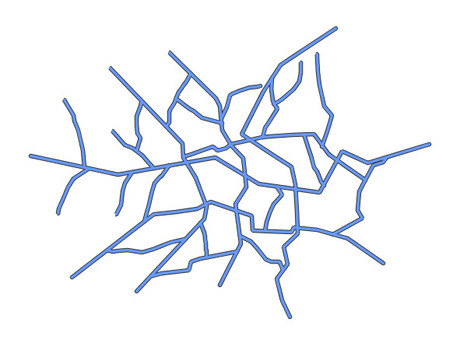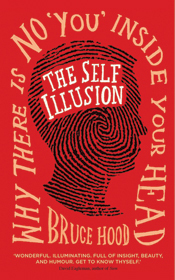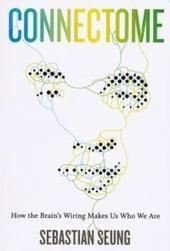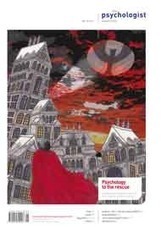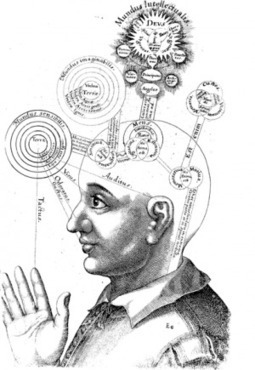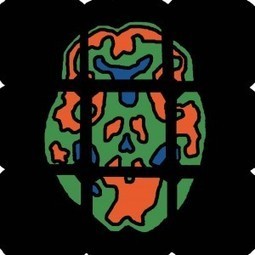“Rethinking the Animate, Re-Animating Thought": In the animic ontology, beings do not simply occupy the world, they inhabit it, and in so doing — in threading their own paths through the meshwork – they contribute to its ever-evolving weave.
Research and publish the best content.
Get Started for FREE
Sign up with Facebook Sign up with X
I don't have a Facebook or a X account
Already have an account: Login

 Your new post is loading... Your new post is loading...
 Your new post is loading... Your new post is loading...
|
|



